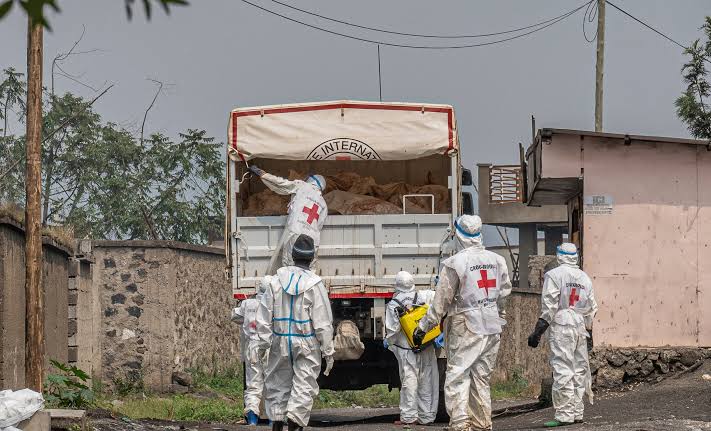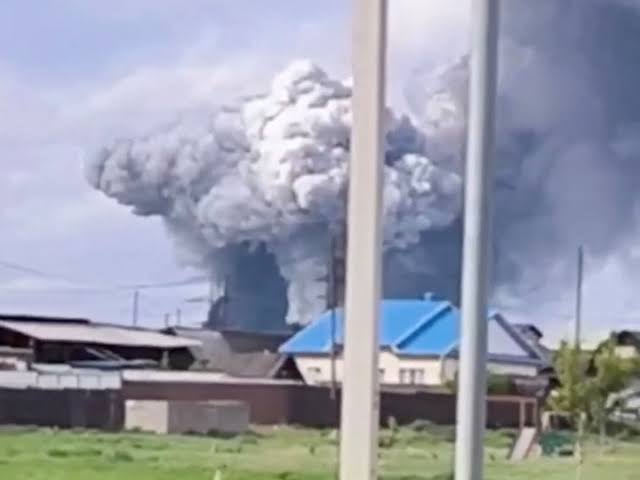Indian Prime Minister Narendra Modi and U.S. President Donald Trump engaged in discussions regarding tariff reductions, trade resolution, and strengthening defense relations during their meeting at the White House on Thursday.
Despite Trump’s threats to impose tariffs, both leaders expressed a willingness to negotiate trade matters, indicating potential concessions from both New Delhi and Washington.
Trump praised Modi as a “much better negotiator than me,” while Modi referenced Trump’s “Make America Great Again” slogan, asserting his commitment to “Make India Great Again.”
Key points from the meeting include:
Trade and tariff discussions were prominent, with Trump stating that India would not be exempt from scrutiny, labeling the country’s import duties as “very unfair and strong.”
However, both leaders agreed to pursue a deal aimed at addressing trade issues, with Modi anticipating its completion later this year.
Trump also mentioned his administration’s goal to reduce the $50 billion trade deficit with India by boosting U.S. energy exports to the nation.
Modi proposed an ambitious plan to double bilateral trade with the U.S. to $500 billion by 2030.
Raja Mohan, an analyst at the Institute of South Asian Studies in Singapore, noted that Trump is attempting to reshape the global trading landscape, and India is now seeking a practical approach to bridge the gaps.
Read more: Trump Suspends Tariffs on Many Low-Value Shipments from China.
Additionally, Trump announced that the U.S. would enhance military sales to India, including a future provision of F-35 stealth fighter jets. While no specific timeline was given, Indian Foreign Secretary Vikram Misri informed reporters that the initiative is currently in the proposal stage.
Rahul Bedi, a defense analyst based in India, indicated that such an agreement could require “several years” to finalize.
Since 2008, India has procured over $20 billion in defense equipment from the United States, and a recent agreement will enable U.S.-based General Electric to collaborate with an Indian firm to manufacture jet engines in India.
Modi and Trump also reached an understanding to enhance security collaboration in the Indo-Pacific, subtly addressing the competition posed by China’s increasing influence in the region.
Trump expressed his support for the extradition of one of the individuals involved in the 2008 Mumbai attacks, which resulted in the deaths of 166 people, seemingly referring to Tahawwur Hussain Rana.
Indian authorities have accused Pakistan’s intelligence agency of collaborating with the Pakistan-based militant group Lashkar-e-Taibah to orchestrate the attack, a claim that Islamabad has refuted.
Should Rana be extradited to India, it would strengthen Modi’s position domestically, as he has portrayed himself as firm against his long-standing rival, Pakistan.
Additionally, Modi and Trump discussed immigration matters, with the Indian Prime Minister stating that India would accept any of its citizens residing illegally in the United States.
Recently, India welcomed the return of 104 migrants who were repatriated on a U.S. military aircraft.





